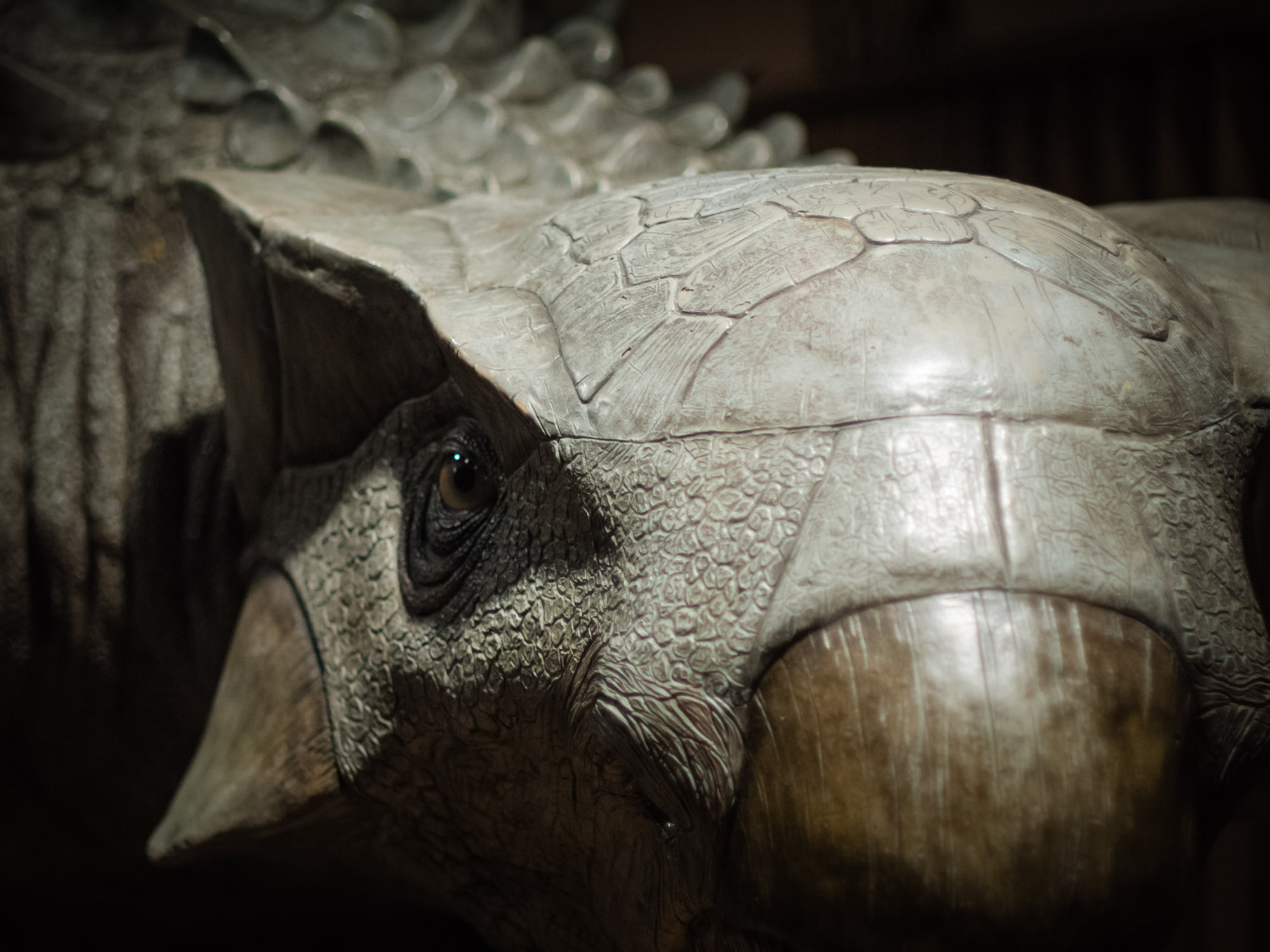Browse "Things"
-
Article
Anglo-Canadian Folk Music
Newfoundland is particularly rich in the ancient supernatural ballads that are rare elsewhere in North America.
"https://d2ttikhf7xbzbs.cloudfront.net/media/media/54b1714e-5cb9-4600-b7fb-d8f93fafabef.MOV" // resources/views/front/categories/view.blade.php
https://d2ttikhf7xbzbs.cloudfront.net/media/media/54b1714e-5cb9-4600-b7fb-d8f93fafabef.MOV -
Article
Anglo-Canadian Folk music
The folk music of Newfoundland reflects a rich cultural heritage from the British Isles, nurtured in the New World into a unique tradition.
"https://development.thecanadianencyclopedia.ca/images/tce_placeholder.jpg?v=e9dca980c9bdb3aa11e832e7ea94f5d9" // resources/views/front/categories/view.blade.php
https://development.thecanadianencyclopedia.ca/images/tce_placeholder.jpg?v=e9dca980c9bdb3aa11e832e7ea94f5d9
-
Article
Anglo-Canadian Music Company
The Anglo-Canadian Music Company. Publishing firm founded 1885 in London by a group of British publishers and established in Toronto later that year under the name Anglo-Canadian Music Publishers' Association.
"https://development.thecanadianencyclopedia.ca/images/tce_placeholder.jpg?v=e9dca980c9bdb3aa11e832e7ea94f5d9" // resources/views/front/categories/view.blade.php
https://development.thecanadianencyclopedia.ca/images/tce_placeholder.jpg?v=e9dca980c9bdb3aa11e832e7ea94f5d9
-
Article
Anglo-Canadian Occupational Songs
By far the largest part of that body of folksongs of which the words originated in Canada. The tunes for practically all of them are borrowed from old Irish folksongs.
"https://development.thecanadianencyclopedia.ca/images/tce_placeholder.jpg?v=e9dca980c9bdb3aa11e832e7ea94f5d9" // resources/views/front/categories/view.blade.php
https://development.thecanadianencyclopedia.ca/images/tce_placeholder.jpg?v=e9dca980c9bdb3aa11e832e7ea94f5d9
-
Article
Anglo-Canadian Pop Music
Jane Siberry (photo by George Whiteside/courtesy Duke Street Records).Bryan Adams is the best-known rock musician of his time (photo by Ken Regan/Camera 5).Foster's multifaceted career has made him one of the most influential international figures in popular music (courtesy Shankman-De Blasio, Inc/David Foster).Michael Timmins (left), Margo Timmins, Alan Anton and Peter Timmins (right) (courtesy Geffen Records Inc)Don Messer, Marg Osborne, Charlie Chamberlain and the Islanders perform at radio Station CFCY, 1948 (courtesy Library and Archives...
"https://d2ttikhf7xbzbs.cloudfront.net/media/media/6d05a3d4-cf57-4551-a56e-19375d166308.jpg" // resources/views/front/categories/view.blade.php
https://d2ttikhf7xbzbs.cloudfront.net/media/media/6d05a3d4-cf57-4551-a56e-19375d166308.jpg
-
Article
Anglo-Canadian Rock 'n' Roll and Rock Music
Rock 'n' roll and rock music emerged in the 1950s and 1960s from roots in African-American musical styles (such as jump blues, rhythm and blues, and electric blues), and in white styles (such as swing, western swing, and country music).
"https://development.thecanadianencyclopedia.ca/images/tce_placeholder.jpg?v=e9dca980c9bdb3aa11e832e7ea94f5d9" // resources/views/front/categories/view.blade.php
https://development.thecanadianencyclopedia.ca/images/tce_placeholder.jpg?v=e9dca980c9bdb3aa11e832e7ea94f5d9
-
Article
Animal
Animal evolution has resulted in a vast number of adaptations for successful life under all sorts of conditions, so that there are now more kinds of animals than of all other living things combined.
"https://development.thecanadianencyclopedia.ca/images/tce_placeholder.jpg?v=e9dca980c9bdb3aa11e832e7ea94f5d9" // resources/views/front/categories/view.blade.php
https://development.thecanadianencyclopedia.ca/images/tce_placeholder.jpg?v=e9dca980c9bdb3aa11e832e7ea94f5d9
-
Article
Animal Agriculture
Animal agriculture is the practice of breeding animals for the production of animal products and for recreational purposes.
"https://d2ttikhf7xbzbs.cloudfront.net/media/media/723a21ea-1dd8-495d-9842-7cb533bfd984.jpg" // resources/views/front/categories/view.blade.php
https://d2ttikhf7xbzbs.cloudfront.net/media/media/723a21ea-1dd8-495d-9842-7cb533bfd984.jpg
-
Article
Animal Breeding
Domestication was performed through controlled mating and reproduction of captive animals which were selected and mated based on their behaviour and temperament.
"https://d2ttikhf7xbzbs.cloudfront.net/media/media/723a21ea-1dd8-495d-9842-7cb533bfd984.jpg" // resources/views/front/categories/view.blade.php
https://d2ttikhf7xbzbs.cloudfront.net/media/media/723a21ea-1dd8-495d-9842-7cb533bfd984.jpg
-
Article
Animal Disease
The tissues and body fluids of animals are subject to the same types of abnormal structural and functional changes as are those of humans. Causes and circumstances may differ but the disease processes are very similar.
"https://development.thecanadianencyclopedia.ca/images/tce_placeholder.jpg?v=e9dca980c9bdb3aa11e832e7ea94f5d9" // resources/views/front/categories/view.blade.php
https://development.thecanadianencyclopedia.ca/images/tce_placeholder.jpg?v=e9dca980c9bdb3aa11e832e7ea94f5d9
-
Article
Animal Issues
Anything involving animals that creates public interest and publicity, no matter how briefly it maintains that interest, may be considered an animal issue.
"https://d2ttikhf7xbzbs.cloudfront.net/media/media/0bc5cdea-4855-4ca6-86fe-ca3705c7c76f.jpg" // resources/views/front/categories/view.blade.php
https://d2ttikhf7xbzbs.cloudfront.net/media/media/0bc5cdea-4855-4ca6-86fe-ca3705c7c76f.jpg
-
Article
Animals in Winter
Winter is the season that begins December 21 (winter solstice) and ends on March 21 (spring Equinox). In Canada cold and snow is associated with this season.
"https://d2ttikhf7xbzbs.cloudfront.net/media/media/40d682a1-b4f6-4cae-b36e-d0ccecd5065c.jpg" // resources/views/front/categories/view.blade.php
https://d2ttikhf7xbzbs.cloudfront.net/media/media/40d682a1-b4f6-4cae-b36e-d0ccecd5065c.jpg
-
Article
Animals that Served in the First World War
During the First World War, military personnel from all combatant countries used millions of animals for work and as pets. This includes Canadians who served overseas as members of the Canadian Expeditionary Force (CEF) and the Canadian Siberian Expeditionary Force (CSEF), as well as Canadian service personnel based in Canada. Horses, mules, dogs and birds were the most common animals employed, although there were several others, including reindeer and glow-worms.
"https://d2ttikhf7xbzbs.cloudfront.net/AnimalsWar/PackHorse.jpg" // resources/views/front/categories/view.blade.php
https://d2ttikhf7xbzbs.cloudfront.net/AnimalsWar/PackHorse.jpg
-
Article
Anishinaabemowin: Ojibwe Language
Anishinaabemowin (also called Ojibwemowin, the Ojibwe/Ojibwa language, or Chippewa) is an Indigenous language, generally spanning from Manitoba to Québec, with a strong concentration around the Great Lakes. Elders share that the term Anishinaabemowin acknowledges the creation story of the Ojibwe people: “Anishinaabe” means “the spirit that is lowered down from above,” “-mo” refers to expression through speech and “-win” refers to the life energy within, used to do so. Linguists also explain that “-win” is a nominalizer that turns the verb Anishinaabemo (“he/she is speaking the Anishinaabe language”) into a noun. According to the 2021 Census, 25,440 people are listed as speaking Ojibwe languages.
"https://d2ttikhf7xbzbs.cloudfront.net/media/media/d0da04e0-005e-4fc3-8181-0330f3d2f790.jpg" // resources/views/front/categories/view.blade.php
https://d2ttikhf7xbzbs.cloudfront.net/media/media/d0da04e0-005e-4fc3-8181-0330f3d2f790.jpg
-
Article
Ankylosaurus
Ankylosaurus is a genus of large, armoured dinosaur. It was one of the last non-avian dinosaurs, having lived at the same time as Tyrannosaurus rex, Triceratops and Edmontosaurus annectens at the very end of the Age of Dinosaurs, between 68 and 66 million years ago. Ankylosaurus lived in the northwestern interior of North America, from southcentral Alberta and southern Saskatchewan in the north to Montana, South Dakota and Wyoming in the south. It was the largest representative of a group of herbivorous, armoured dinosaurs called “ankylosaurs," including relatives like Borealopelta, Edmontonia and Euoplocephalus. No complete skeleton of Ankylosaurus has ever been found, but two skulls, ribs, vertebrae, limb bones, armour and one tail club have been discovered.
"https://d2ttikhf7xbzbs.cloudfront.net/ankylosaurus/adult-anky.jpg" // resources/views/front/categories/view.blade.php
https://d2ttikhf7xbzbs.cloudfront.net/ankylosaurus/adult-anky.jpg

